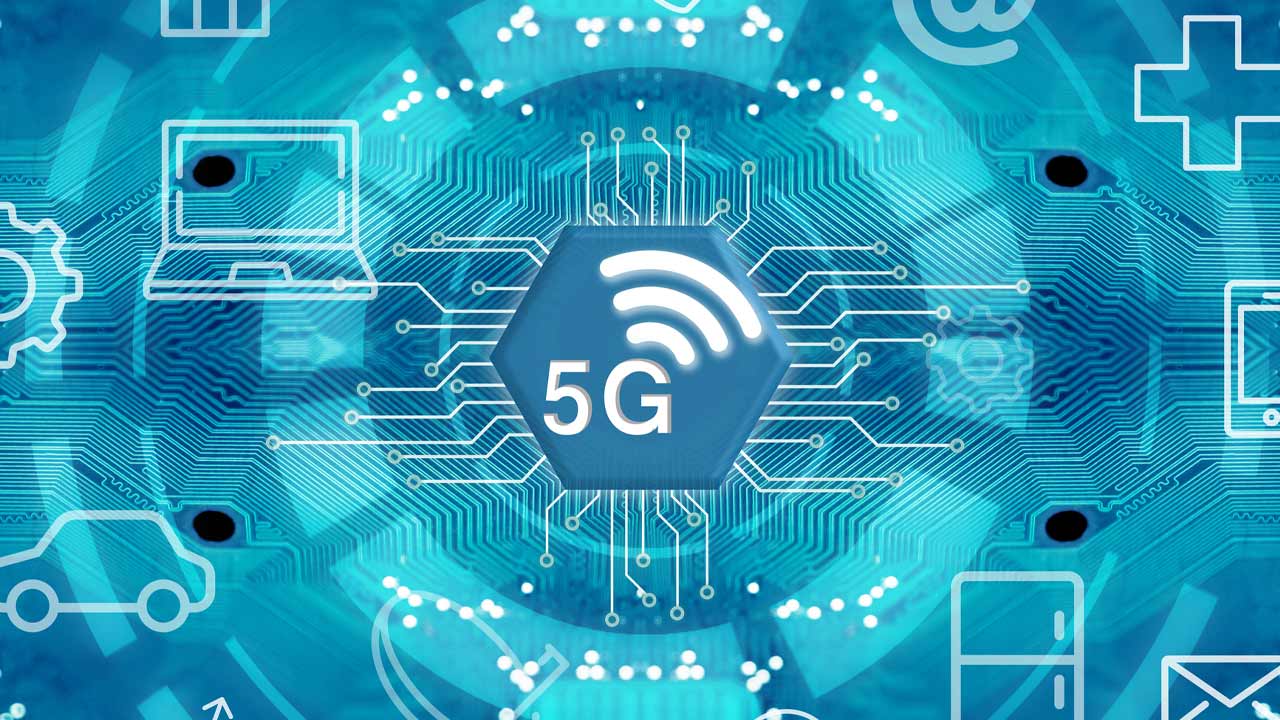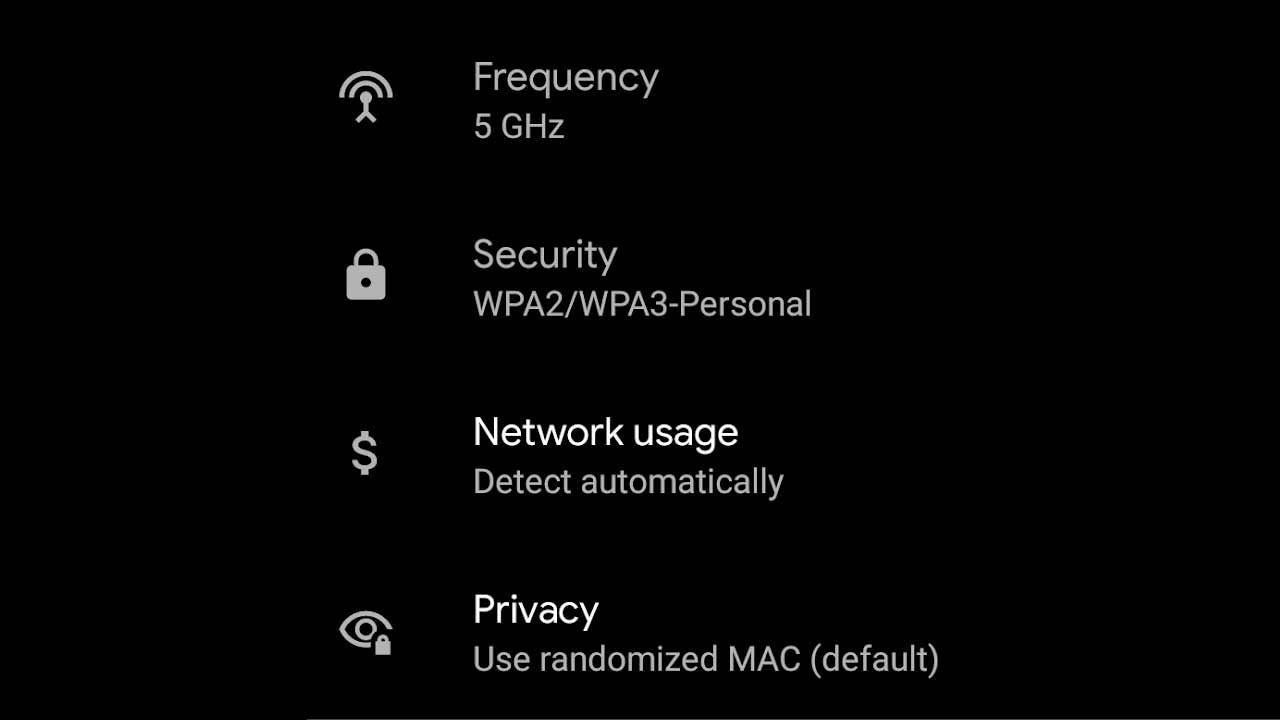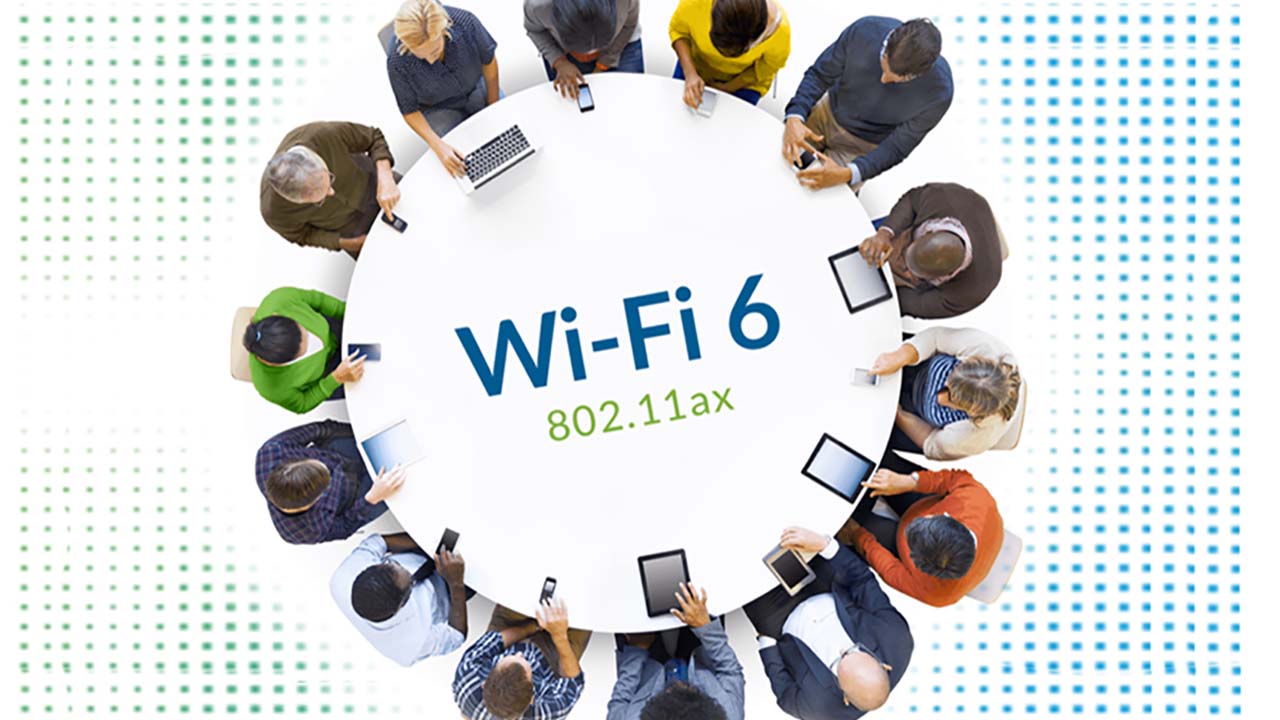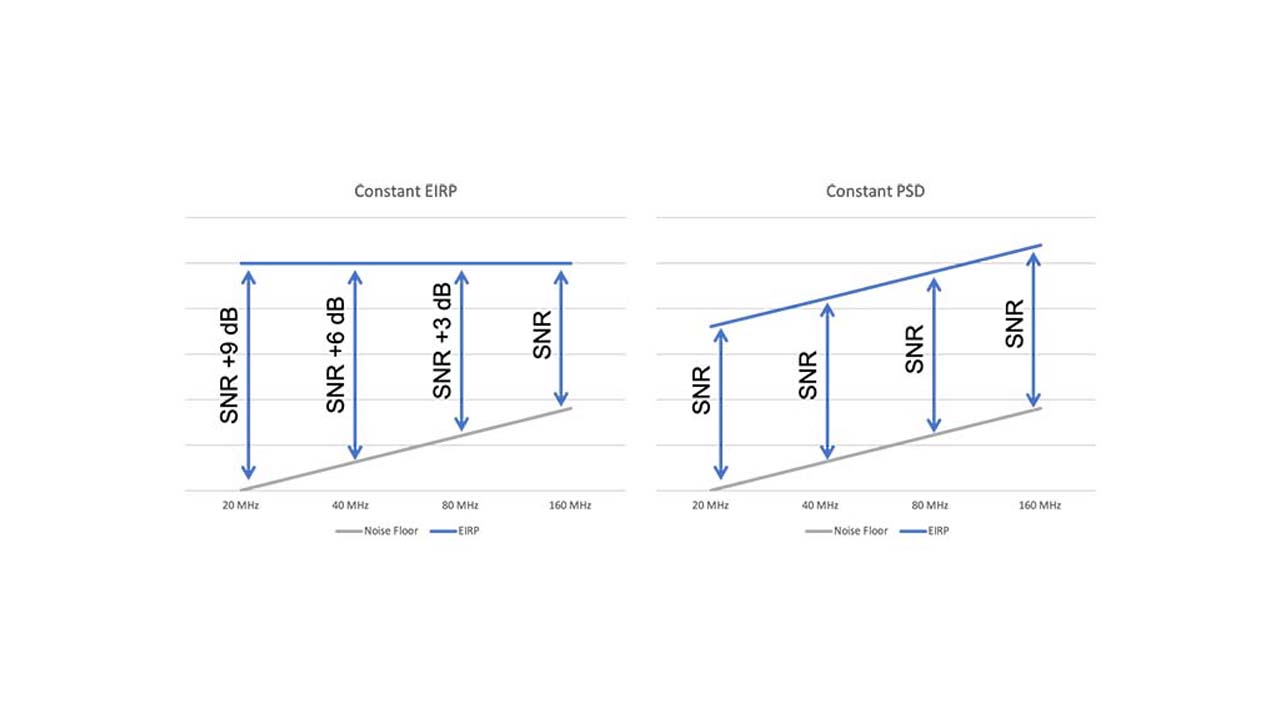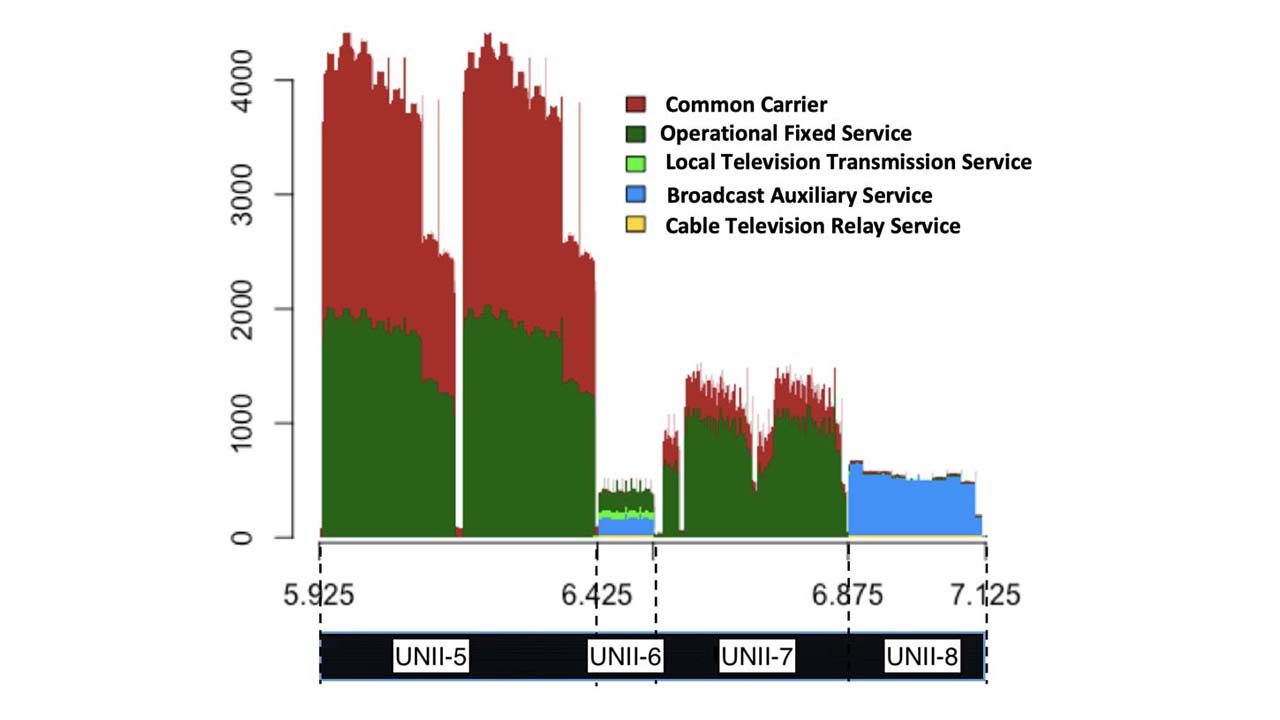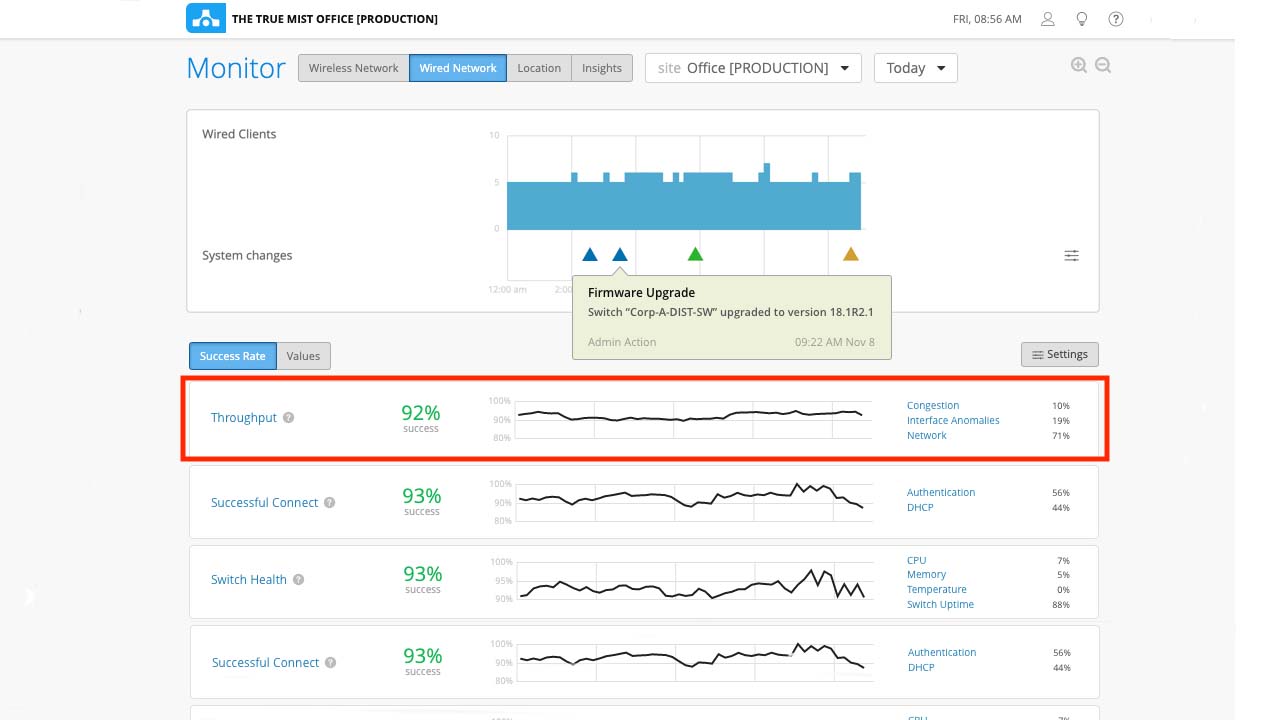There is no excerpt because this is a protected post.
What is WPA3? WPA3 (Wi-Fi Protected Access 3) represents the latest generation in mainstream security for wireless networks. It improves the level of security compared to the widely popular WPA2 standard (released in 2004), yet maintains backward compatibility. However, supporting backward compatibility does not come without its challenges. WPA3 comes in three main forms: WPA3...
While Wi-Fi vs. cellular arguments are as old as Wi-Fi itself (cellular's got a lot more miles on it, having gone live in 1983 in the US, just as the first way-before-Wi-Fi WLANs were beginning to emerge), a comment earlier this year from a senior executive at a major cellular carrier that 5G would displace...
MAC Randomization is not a new term in the network industry. It has existed for several years and involved randomizing client MAC addresses when sending Probe Requests to prevent location tracking of devices that are not associated to the network. During association, a device would have used its "real" hardware MAC address. This however is...
Now that you're at least beginning to deploy Wi-Fi 6, it's important to remember that success with Wi-Fi – success being defined as a happy, productive user base – depends upon the overall success of the network itself, and that network is a system with a large number of interconnected and interdependent moving parts. While...
While other vendors attempt to read your mind, our 4th generation platform will blow yours away Mist delivered the first AI-driven network almost five years ago, born out of the need to combine network automation with insights to drive great user experiences. With the acquisition by Juniper last year, we have continued to rapidly build...
Six weeks ago Juniper announced several strategic solutions to support contact tracing and social distancing in the AI-driven enterprise. These features assist enterprises with various workplace business continuity safety tasks like proximity tracing, journey mapping and hot zone alerting. And as of today, we have multiple customers deploying the Juniper solutions, including one of the...
Most Wi-Fi folks are familiar with and understand the concept of EIRP to represent power, although they may not know what exactly it stands for, which is Equivalent Isotropically Radiated Power. Some vendors use EIRP to represent the transmit power of an access point, others use total power out, others still use per chain transmit...
In this installment of getting to know Wi-Fi 6E, we’ll focus on the incumbents who occupy the 6 GHz spectrum and the measures being taken to protect them, if any, as the frequency band transitions to allow unlicensed use - including a system underdevelopment called automated frequency control (AFC). As of the writing of this...
With the newly opened additional 1,200 MHz in the 6 GHz band for Wi-Fi 6E by the FCC, and with clients and infrastructure becoming available in the next few years, customers will be able to realize the full potential of multigigabit Wi-Fi! Now, more than ever, is it critical to review your network infrastructure to...

